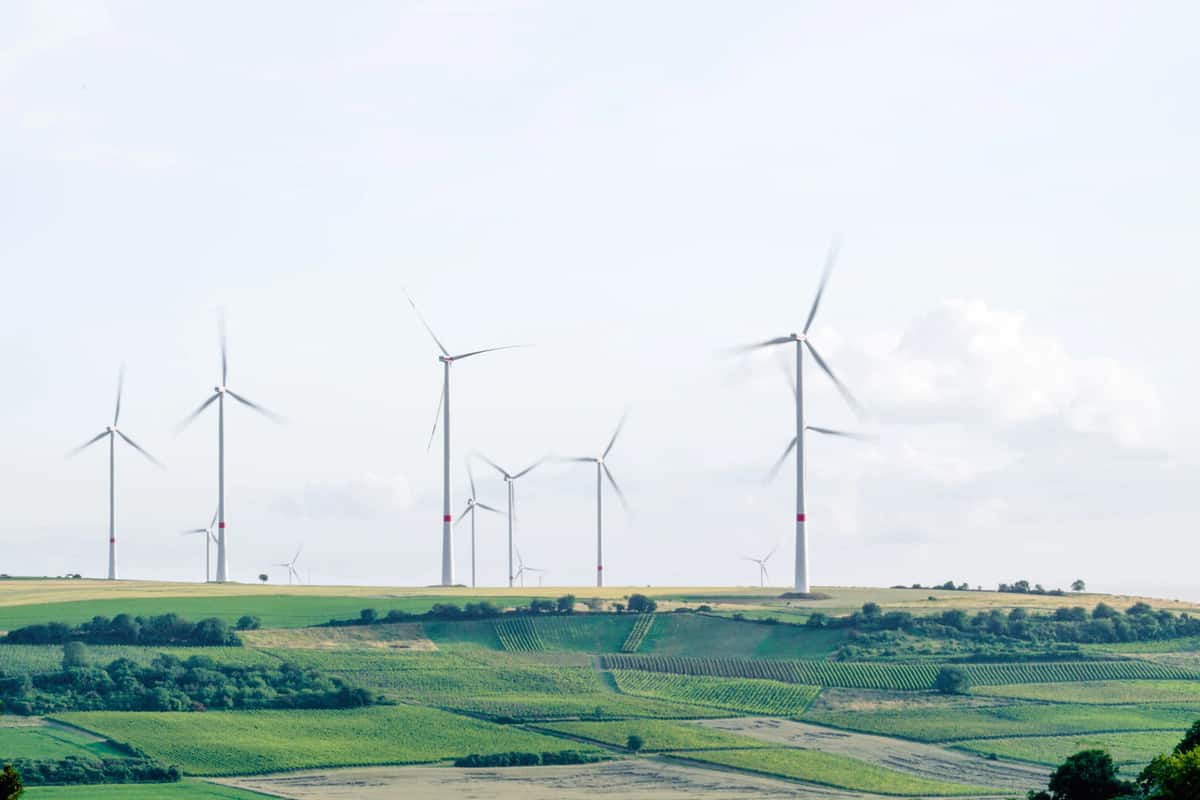Dan Tehan, Australian Trade Minister, has attacked carbon tariffs as “Just another form of protectionism”. But what do these tariffs mean for Australian business? As many nations step up their climate commitments, Australia may be left behind if it does not take action.
A report by the Australian Industry Group found that carbon tariffs currently pose little risk to Australian industry. Innes Willox, Chief Executive Ai Group, said, “Carbon border adjustments are not an imminent threat to Australia and could be an important opportunity if we get on the front foot.”
Why carbon tariffs?
Across the world, countries are adopting domestic carbon pricing mechanisms to address climate change. Along with the ramped-up climate commitments, countries such as the US, UK, Japan, Canada and the EU are contemplating introducing tariffs on imported goods from nations without a carbon price.
These tariffs may seem to attack countries that have not risen to the same level of climate commitment. However, carbon tariffs exist to enable global competitiveness.
A Carbon Border Adjustment Mechanism (CBAM) is a type of tariff on imported goods. A CBAM allows local businesses to continue to compete with imported goods.
“One solution that has been talked about for many years is to impose an equal carbon cost on imports to that facing domestic industry – a carbon border adjustment, sometimes shorthanded as a carbon tariff,” said Mr Willox. “It now looks likely that Europe will actually implement such a Carbon Border Adjustment Mechanism (CBAM). Other major economies may well follow. It is becoming urgent to understand border adjustments better.”
A business paying a carbon price will remain competitive with other local companies paying the same carbon price. However, they will not remain competitive with overseas imports, not subject to the exact carbon pricing mechanism.
The solution proposed by counties with ambitious climate targets is to place a tariff on goods entering their borders to allow local businesses to remain reasonably competitive.
This essentially means, a CBAM will express the price of carbon in all goods and services, whether locally made or imported.
Impact on Australian businesses
The Ai report argued that this type of tariff system is not currently detrimental to Australian businesses. Mr Willox said that,” In the longer-term Australian producers’ continued competitiveness would depend on keeping up with the pace of decarbonisation in global industry and our nation’s success in building a new advantage in cheap, clean energy.”
Amongst developed economies, Australia continues to fall behind in its climate commitments, which will place increased pressure on Australian products from the international community.
But for the moment, business and trade remain safe. Mr Willox said, “Australia appears to have little to fear in the medium term from actually implementable border adjustments by the EU or anyone else. This is only partly because only 0.25% of our trade with Europe is affected by the current proposal. The EU CBAM will likely expand, and similar schemes in the United States, Japan or other economies could affect much more trade.”
Moving forward
The report found that moving into the future; it will become essential for Australia to set strong emissions targets and consider a carbon pricing mechanism. Without these measures, Australia will be left behind in global trade.
Carbon tariffs are designed not to falsely enhance the value of locally produced goods, but to maintain a fair and open system of global trade.
Mr Willox continued: “For the longer term, Australia needs to lay out a path to net-zero emissions and policies that enable industry to invest in their successful transition. Australia’s policies will also need to maintain nearer-term competitiveness, and border adjustment should be considered on its merits alongside other options to that end.
“For all the fears of some and hopes of others, the EU and other major economies are not trying to cudgel Australia but to make their own domestic emissions policies work better. That is a universal challenge. Ai Group hopes that our research can underpin an effective response to the EU – and a vibrant debate about Australian solutions.”
Read more: The Carbon Crunch – Is your business ready?
Read more: How can your small business go green?
Keep up to date with our stories on LinkedIn, Twitter, Facebook and Instagram.

